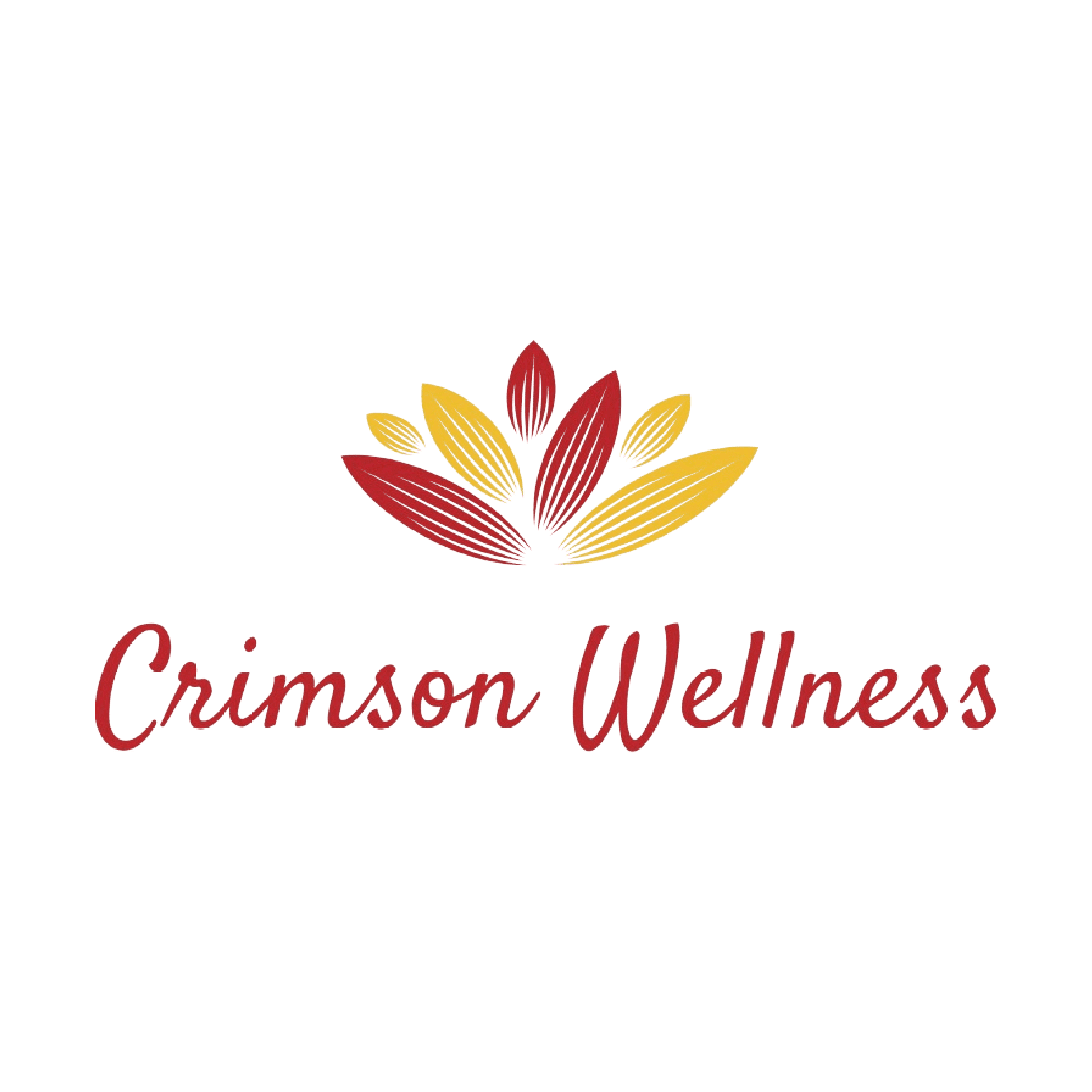Building Foundations of Wellness: A Guide to Early Childhood Mental Health

Posted on Nov 16th, 2025
When we think of childhood, we often picture carefree play and boundless energy. But beneath the surface, children experience a complex world of big emotions—joy, frustration, fear, and sadness. Their mental and emotional well-being is just as critical as their physical health, forming the very foundation for how they learn, build relationships, and navigate life's challenges.
This November, while we highlight National Diabetes Month, we also turn our attention to Early Childhood Mental Health Awareness Month. At Crimson Wellness LLC, we believe that wellness is a holistic journey that begins at the very start of life. Understanding and supporting a child's mental health is one of the most powerful ways we can invest in a healthier, happier future.
What is Early Childhood Mental Health?
A child's mental health is not about being happy all the time. Instead, it’s the developing capacity to:
- Form secure relationships with adults and peers.
- Experience, manage, and express a full range of emotions.
- Explore and learn from their environment in a safe and secure way.
In its simplest terms, it’s the social and emotional foundation of a child’s life. When this foundation is strong, children are better equipped to handle stress, build resilience, and develop into well-adjusted adults.
The Pillars of a Healthy Emotional Foundation
Just as a house needs a strong foundation, a child's mental health rests on key pillars that we, as caregivers, can help support.
1. Secure and Loving Attachment
A child’s sense of security comes from consistent, responsive, and nurturing care. When a baby cries and a caregiver meets their need for food or comfort, or when a toddler falls and receives a hug, they learn a powerful lesson: "The world is safe, and I am loved." This secure attachment is the bedrock of all future relationships and self-esteem.
2. Emotional Literacy: Naming the Feeling
Young children experience emotions like anger and disappointment as overwhelming physical sensations. They lack the vocabulary to say, "I'm frustrated." We can build their emotional literacy by being their "feeling coach."
- Name It: "I see your face is scrunched up. It looks like you're feeling angry that it's time to leave the park."
- Validate It: "It's okay to feel angry. I don't like leaving fun things either."
- This process doesn’t excuse behavior, but it helps the child feel understood and teaches them to identify their own emotions.
3. Co-Regulation: "We Calm Down Together"
Children cannot regulate their nervous systems on their own. They learn to calm down by borrowing the calm from a trusted adult. This process is called co-regulation.
- When your child is in the midst of a tantrum or overwhelmed by big feelings, your calm, steady presence is the anchor.
- Get on their level, use a soft voice, and take deep breaths. By managing your own stress response in the moment, you are actively teaching them how to manage theirs.
The Most Important Tool in Your Toolkit: Your Own Wellness
Here is the piece that is often left out of the conversation: You cannot pour from an empty cup.
The single greatest factor in a child's emotional security is the well-being of their primary caregivers. The journey of parenting is profoundly rewarding, but it is also demanding, often leading to exhaustion, stress, and burnout.
When you are stretched thin, overstressed, and neglecting your own needs, it becomes exponentially harder to:
- Respond to your child with patience.
- Offer the calm presence needed for co-regulation.
- Model healthy emotional management.
Your stress becomes their stress. Your burnout impacts their sense of security.
A Holistic Approach to Family Well-Being
At Crimson Wellness LLC, we see wellness as an interconnected ecosystem. The health of the child is deeply tied to the health of the caregiver. This is why our coaching philosophy extends beyond diet and exercise to encompass stress management, emotional resilience, and sustainable self-care practices for adults.
Investing in your own wellness isn't selfish—it's a vital part of your caregiving toolkit. When you prioritize your mental and physical health, you are directly investing in your child's emotional foundation. You are filling your cup so you have more to give.
Small Steps, Big Impact
Supporting your child's mental health doesn't require perfection. It's built in the small, consistent moments of connection.
- Pause and Breathe: Before reacting to a meltdown, take one deep breath to center yourself.
- Connect Before You Correct: A gentle touch and a validating word can often de-escalate a situation faster than a command.
- Prioritize Your Breaks: Even five minutes of quiet alone can reset your nervous system.
You Are Not Alone
Navigating the challenges of caregiving is a journey, not a destination. If you feel overwhelmed, stretched thin, or are struggling to manage your own stress as you support your little one, know that seeking support is a sign of strength.
By caring for your own holistic well-being, you are not just transforming your own life—you are giving your child the priceless gift of a secure, resilient, and emotionally healthy start.
Feeling the weight of caregiver stress? You don't have to carry it alone. At Crimson Wellness LLC, we help you build a sustainable self-care practice that refills your cup. Schedule your free Discovery Call to learn how our holistic coaching can support you in your wellness journey, empowering you to be the calm, centered caregiver your child needs.
Click here to book your call and prioritize your well-being!
Contact Us
Reach Out to Us
Whether you have questions about our services or want to learn more about how we can help you or your loved ones, we're just a message away. Your well-being matters to us, and we're here to provide the guidance and information you need!
